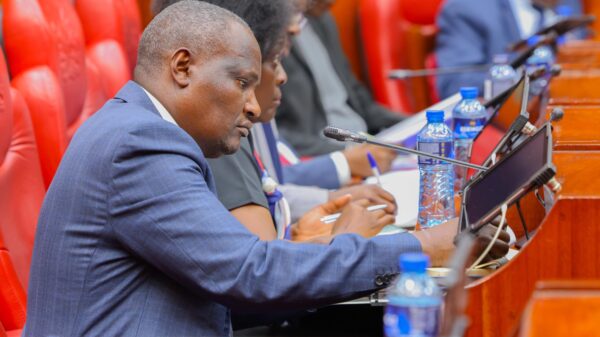NAIROBI, Kenya Oct 27 – Public consultations on the Proposed Standards Bill, 2025 kicked off in Nairobi on Monday, marking the beginning of a nationwide engagement process aimed at overhauling quality and consumer protection regime.
The Bill seeks to repeal the existing Standards Act (Cap 496), which has governed Kenya’s manufacturing quality framework for decades, replacing it with a modern legal structure for standardization, metrology, and conformity assessment.
If enacted, the law will introduce new mechanisms to ensure all goods and services in the Kenyan market adhere to internationally accepted safety and quality benchmarks.
The Bill is sponsored by the Ministry of Investments, Trade and Industry and is anchored in Article 46(1) of the Constitution, which guarantees consumers the right to goods and services of reasonable quality.
Speaking at the stakeholder forum, Kenya Bureau of Standards (KEBS) Managing Director Esther Ngari said the reforms are long overdue, noting that the current legal framework does not adequately address emerging risks in a rapidly evolving industrial sector.
“The Standards Bill is a vital national instrument. It will strengthen consumer protection, promote fair trade, and ensure only quality products find their way into the Kenyan market,” Ms. Ngari said.
“Aligning Kenya with global best practices will also enhance the competitiveness of our exports across regional and international markets.”
Participants, including representatives from industry associations, consumer rights groups, and small manufacturers, raised a range of proposals touching on compliance timelines, enforcement mechanisms, and the need for affordable certification processes for local SMEs.
Members of the public have been invited to submit written views on the draft legislation by 14 November 2025.
Submissions may be made via:Email: standardsbill@kebs.org.Draft Bill and submission form: Available at www.kebs.org
The public participation process continues in other counties in the coming weeks, ahead of the Bill’s tabling in Parliament.










































